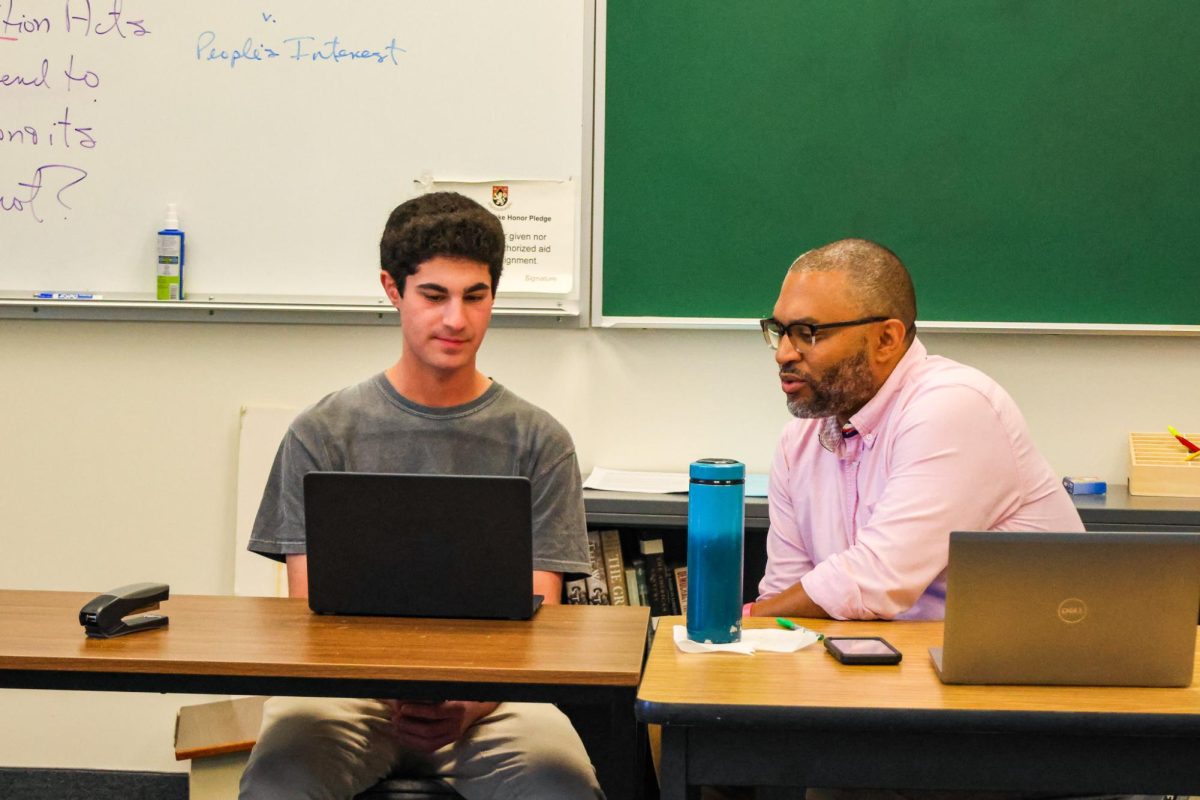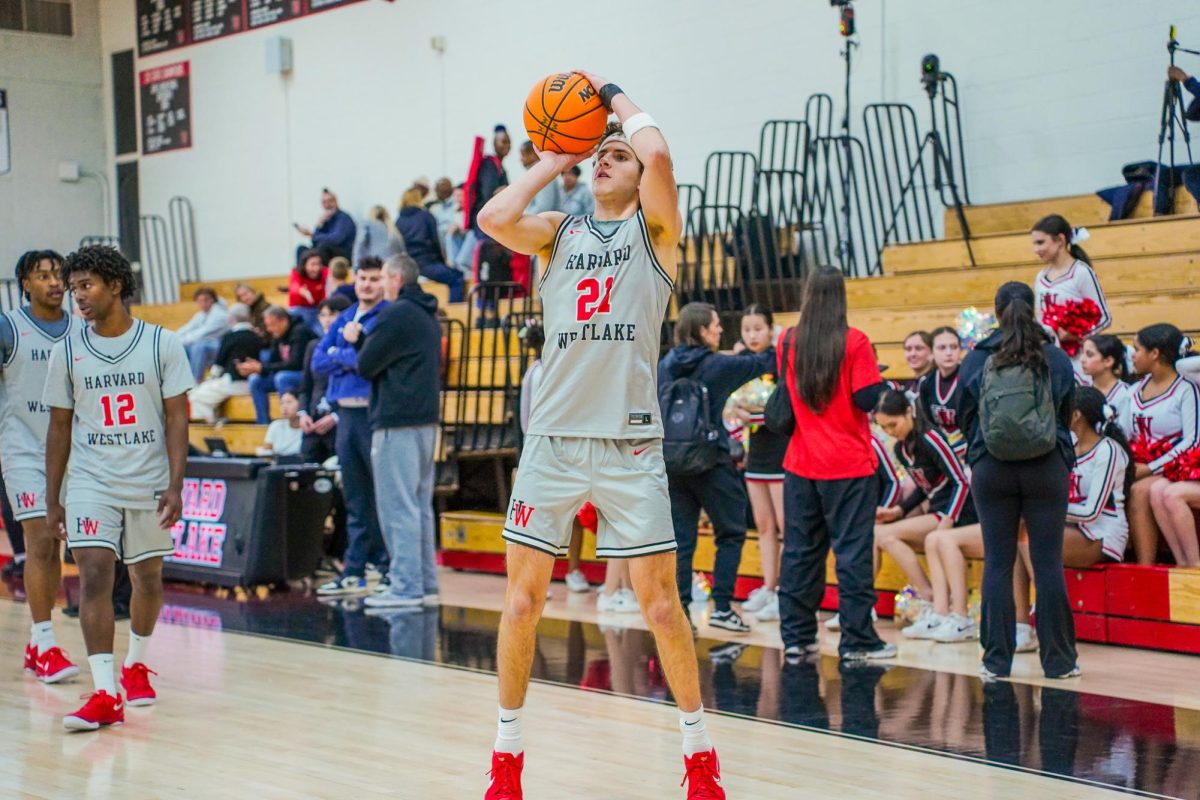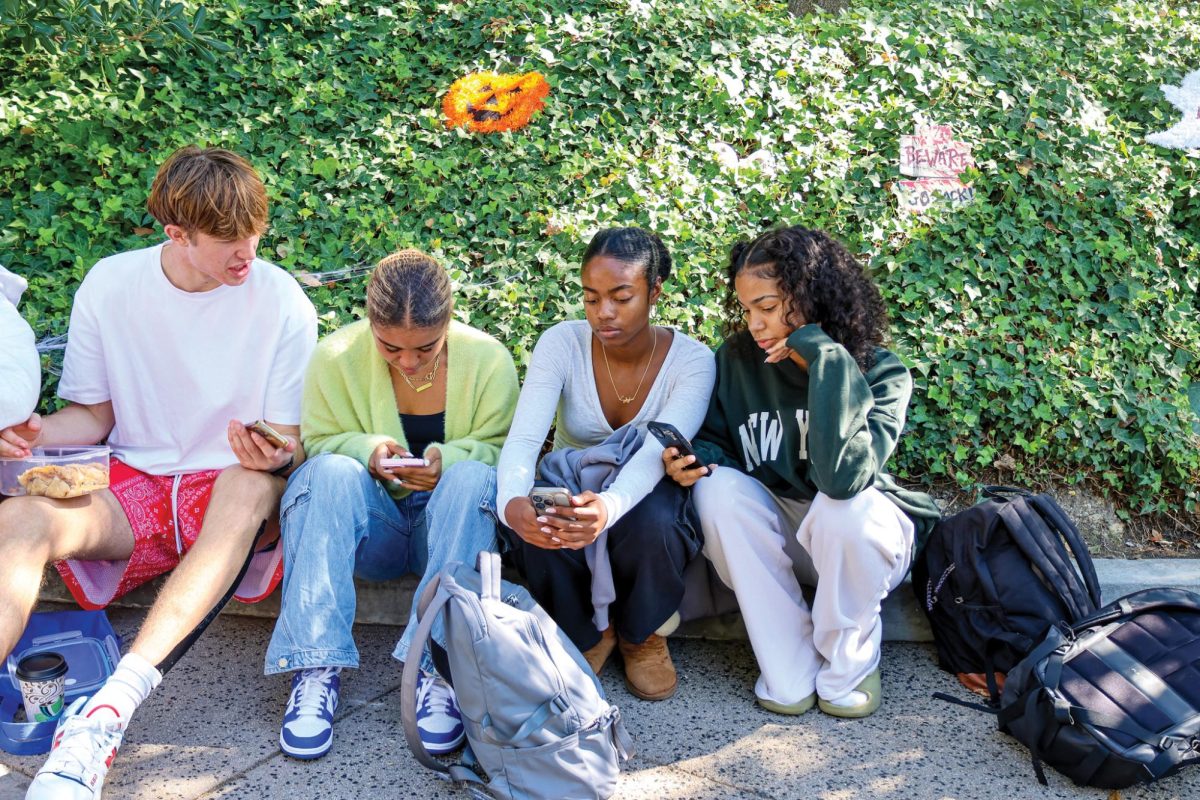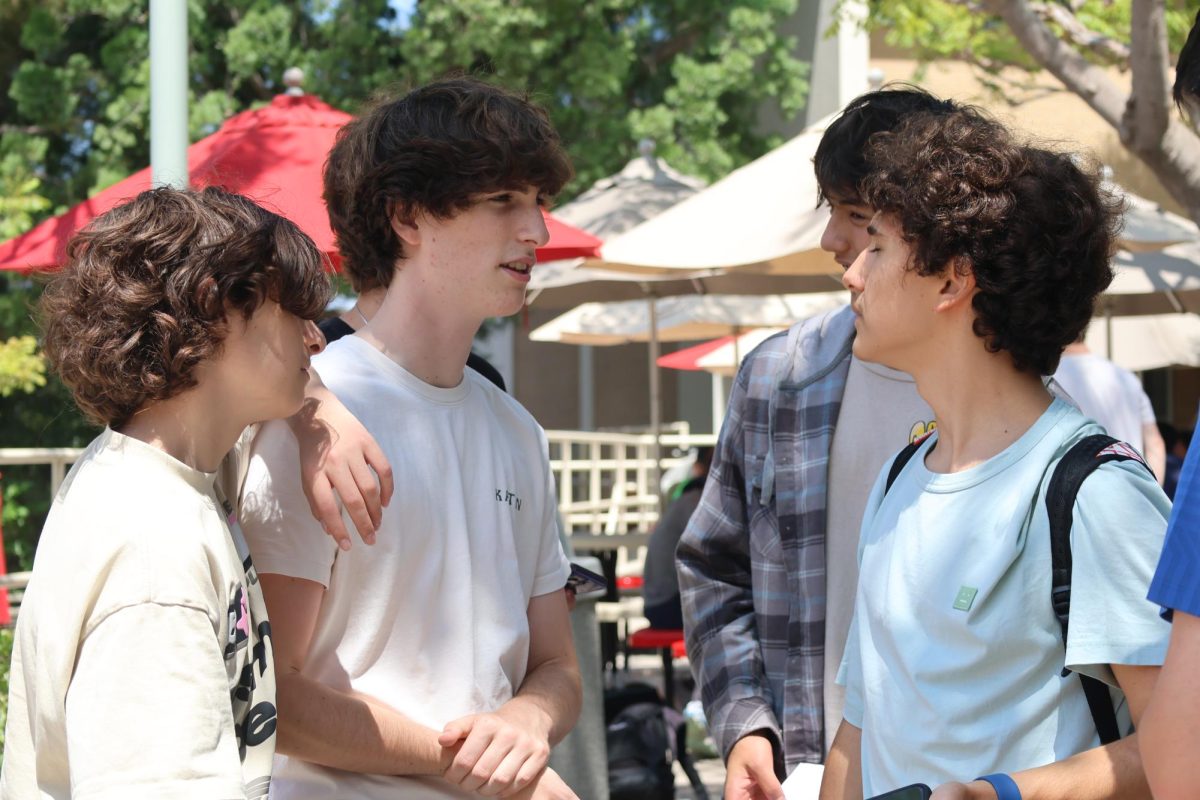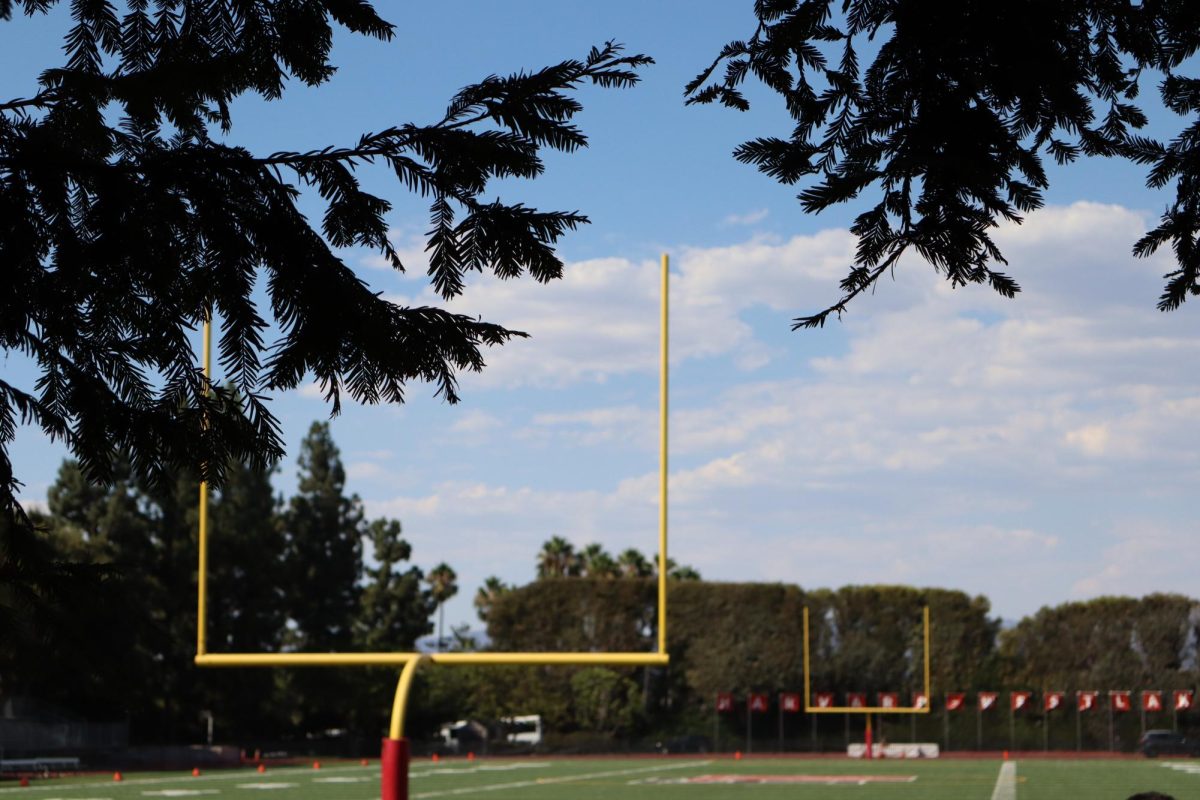Peer Support sleepovers have been prohibited by the administration due to one sleepover last month being “run inappropriately,” counselor and humanities teacher Luba Bek said.
While Bek said she would not describe the details of what happened, she did say that several people at the sleepover were uncomfortable with events that occurred and told adults about what happened. These reports prompted the administration to cancel Peer Support sleepovers for at least the rest of this year and the entirety of next year.
“I am extremely disappointed in what happened and very sad,” Bek said. “Not at the fact that there will be no sleepovers but in the fact that people we, as adults, trust and hold on a pretty high pedestal can violate our trust so easily and put down the entire community.”
Bek said rumors about inappropriate management of Peer Support sleepovers surfaced last year.
“This is high school, and there are all sorts of rumors, so the rumor was circulating last year that some Peer Support sleepovers steered away from the rules that were very specific and very clear,” Bek said. “We questioned everybody, and we reiterated the premise of peer support sleepovers that we needed to stay safe, sober and confidential, and we reminded over and over again all the leaders and trainees.”
The Peer Support leaders in charge of the sleepover at which misbehavior was reported were dismissed from the program.
“The leaders of the group are no longer Peer Support leaders,” Bek said. “We asked them to leave the group, and it was the end of their Peer Support career, and the trainees of the group were put on probation because the trainees were not aware that the incident was authorized by the Peer Support leaders. The result of that is, as of the date we spoke to the administration of the school, there are no more peer support sleepovers this year, next year and indefinitely.”
Bek said she is not sure when the issue will be revisited but she thinks that the Peer Support sleepovers were a valuable way for students to have active fun instead of sitting in a classroom.
“[Peer Support sleepovers] are long,” Bek said. “It’s more fun. It’s not sitting in an uncomfortable chair in the classroom or the hard floor in your history or math or English homeroom. It’s a lot of activities. It’s a lot of different kinds of food. It’s like really being a family.”
Jarett Malouf ’18 said he believes that the Peer Support sleepovers allowed his group to form a tighter bond.
“Going out into town to do fun activities was an amazing experience and brought all of us closer together,” he said. “Memories like those are irreplaceable, and I feel that the termination of an aspect of Peer Support so intrinsic to the formation of lasting bonds is the step in the wrong direction on the administration’s part.”
Lauren Weetman ’16 said she believes that the cancellation of Peer Support sleepovers may be detrimental to Peer Support.
“It will probably make the group less close because they don’t have that extra time to hang out and bond as a group, but I think Peer Support is such a strong group on its own that hopefully it won’t be affected,” she said.
Peer Support members can still participate in activities not sponsored by the school, Bek said.
“If they do want to socialize with their group outside of Peer Support, they can go bowling, they can go to have a movie night, they can go do a scavenger hunt, but nothing is affiliated with Peer
Support. And if any parent calls us about any of those activities, we don’t have anything to do with that as of right now. It’s fine with us because a lot of group members, and actually the incoming trainees and leaders, they want more time than just Monday, and who are we to deny them that?”
However, reports of misbehavior in Peer Support events, even those not sponsored by the school, could result in students’ dismissal from the program, Bek said.
“We’re asking the leaders and trainees that indeed, if they decide to have an evening of activities with the group outside of school, they do it on their own, but if we hear about anything that happens during that activity that goes against the code of ethics of leaders’ and trainees’ behavior, they will be out, despite the fact that this is not associated with us,” Bek said. “Leaders and trainees sign a contract with us that if they violate a code of ethics that is attached with the contract, they are no longer associated with the program. [The contract] stays for not only their behavior at school but behavior outside of school.”
Bek also said that the Peer Support members are a “forgiving group” and that no grudges are held against the people who complained about inappropriate behavior at the sleepover.



























